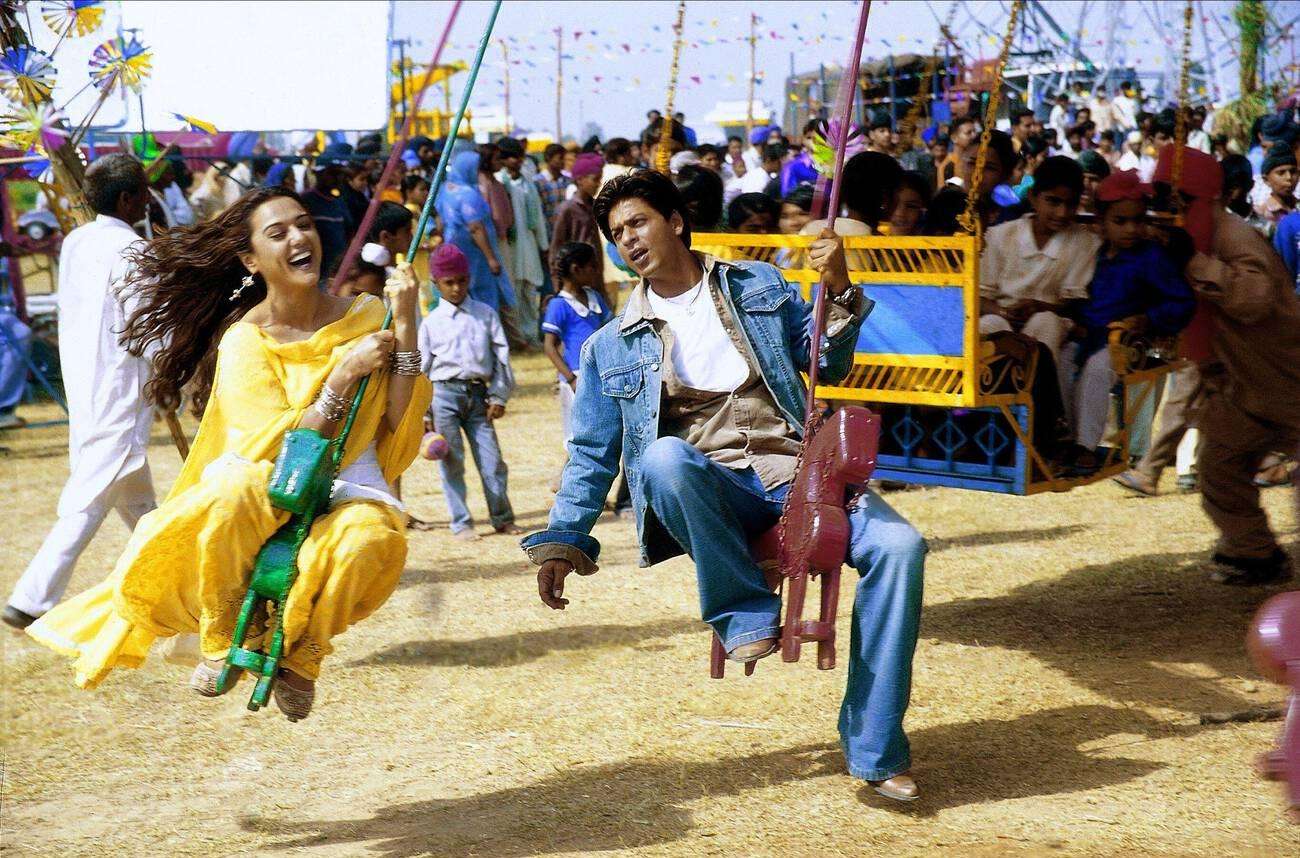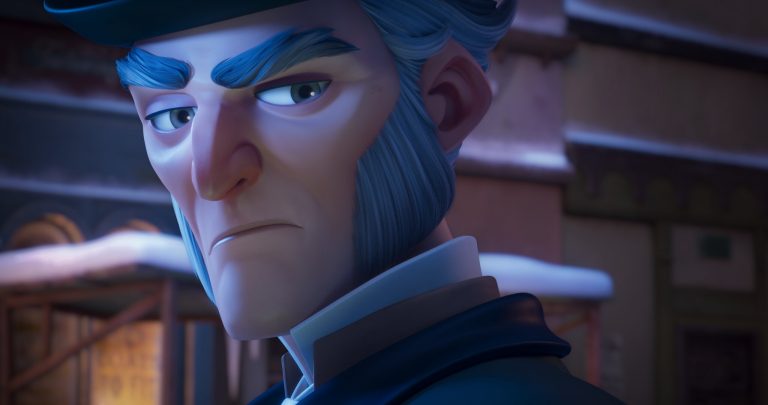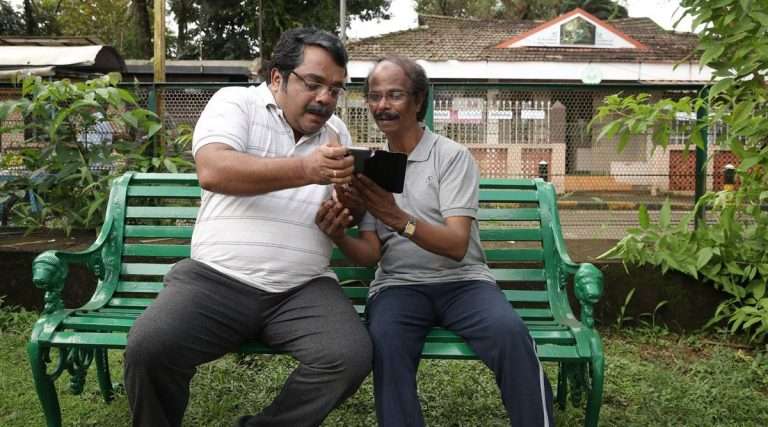I am 25 and watched Yash Chopra’s “Veer Zaara” (2004) for the first time a few weeks ago. Yes, I will give you the time to be shocked and surprised and probably pity me! I had very little time in my childhood, and unfortunately, movies like “Veer Zaara,” “DDLJ,” and “Kuch Kuch Hota Hai” were not a part of it. I watched all of them very recently, and I have yet to watch many! This is why, sadly, my idea of romance included very little of SRK, the soft, gentle, kind man who we dearly miss among the likes of Ranvijay Singh (“Animal”) and Kabir Singh.
Nonetheless, I had an idea of romance, and that was a partnership. As much as I enjoy the dating culture, it’s not something that suits me, although I am sure it’s a lot of fun. To meet and go around with someone with a bit of hope in your heart that this might be ‘it’ has to be thrilling. In my journey to understanding how to find the one for myself, I have gone through many spiritual epiphanies, one of which was that two people had to make some right decisions about the same parameters in their respective paths of life to come together and meet at a point. I believe in manifestations.
This epiphany is highly validated by “Veer Zaara.” The first thing that swirled me about the movie was how it started. We see Shah Rukh Khan, aka Squadron Leader Veer Pratap Singh, in jail, and as a viewer, I could not anticipate why he ended up in prison.
So, predictable? Not at all!
As the movie moves toward the end and the twist unfurls, I am sure people in the theater would have been emotional, a little surprised to see Zaara in India, and applauded as loudly as they could to praise her ‘true love’ for Veer.
What I could not help noticing is that both Veer and Zaara were given the toughest of choices. They chose what was right over what was easy. I think the circumstances of their situations had an equal number of complications and challenges. Veer, who met the love of his life a few days back in Pakistan and had just convinced her to marry another guy, was already dismayed and heartbroken. Heartbreaks, no matter how many times they happen, shatter you in millions of pieces. Additionally, he was falsely accused in a country where he hardly knew anyone.
The options were between him accepting the charges of false accusations of being an Indian RAW agent in Pakistan or being accused of Zaara’s miseries. He chose the former. Rationally, even if a person like Raza (Zaara’s fiance) promises a good life for Zaara, no one would believe he’s capable of that. Yet Veer’s love for Zaara made him believe that Raza is capable of treating someone with love and kindness. On the other hand, Zaara fought against all the people she knew in her mind to even come up with the thought of divorce. She chose to go and stay with Veer’s parents, who showed her immense love from the first day of her arrival despite knowing that Veer was dead.
The love that both of them had for each other stood the test of time because of the ethics that they carried in their hearts. This is why, maybe, whether we see it or not, life does take care of people with the best of intentions. Shah Rukh’s life was saved because he missed the bus, but that life came at the cost of twenty-two years in jail. The trouble and misery of 22 years can be metaphorical and equivalent to many things in practical life. During those years, he stayed gentle and kind, as confirmed by the inspector who took care of him in his captivity.
The other thing that I loved about “Veer Zaara” was the portrayal of Pakistan. Undoubtedly, there was a hero complex in this movie, too. India was shown to be more accepting and welcoming. Yet, there was also an underlying love that both countries and the people shared. There was a familiarity. The language they spoke and the emotions they exchanged were exactly the same. You would relate to the Pakistani characters in the narrative. On the contrary, the recent trend of Bollywood flicks capitalizes on hatred. And a sinister Pakistan has become the only source for delivering hit movies if none worked for a director.

However, the one character I really love is Shabbo, played by Divya Dutta. I almost waited to see her on screen. Her innocence was probably the reason I admired her so much, apart from the obvious — her performance. Gen Z, no matter how much they are known for their coolness, is a more aware and empathetic bunch of people. Movies like “Veer Zaara” will always kindle the true selves and the emotion of affection among people.
The iconic poetry in the end had me all emotional. It summed up squadron leader Veer Pratap Singh’s stay in captivation in a country that is disliked the most. This poem opens with these lines:
“Main qaidi number 786 jail ki salaakhon se bahar dekhta hoon
I, prisoner number 786, look outside through the bars of my prison cell
Din, mahiney, saalon ko yug mein badalte dekhta hoon
See the days, months, years turn into decades.”
The above verses are a perfect anecdote to demonstrate how his entire existence has been diminished to just the digits that he wore on his shirt. No one knew of him, as if his love, dislike, kindness, intellect, desire, quest, and patriotism had ceased to exist.
But then he goes on to say:
“Is miti se mere bauji ki kheton ki khushbu ati hai
From this earth, I can smell the fragrance of my father’s fields
Yeh dhoop meri matti ki thandi chaas yaad dilati hai
This sunlight makes me remember my mother’s chilled lassi
(Indian delicacy made from curd)
Yeh baarish mere sawaan ke jhoolon ko sang sang lati hai
This rainfall brings to me the movement of the swings during monsoon
Yeh sardi meri lodi ki aag sikh ke jati hai
This winter brings me back the memories of the fire on the Lodi night.”
The seasons kept changing. And every season reminded Veer of his own country. In this beautifully written stanza, he points out two things: one that the only thing that he meticulously notices from his imprisonment is the change of seasons. Probably, it gave him hope. Perhaps the change of seasons was his only track of time flowing. The second is the seasons on both sides of the borders come with equal warmth, winds, chills, and celebrations. The map tries hard to establish a border between the two, yet Veer says:
“Woh kehta hai yeh tera desh nahi
They tell me that this is not Your country
Phir kyun mere des jaisa lagta hai
Then why does it seem like mine?
Woh kehta hai mein us jaisa nahi
They tell me that I am not like then
Phir kyun mujh jaisa woh lagta hai
Then why do they seem like me?”
He could not find any difference in the people. They seemed to him as if his own.
Watching “Veer Zaara” as a Gen Z took me back to my roots. I would love to watch it a few more times because of the sheer value and honesty of the characters in the movie.

![Super Deluxe Netflix [2019] Review: Super but not deluxe](https://79468c92.delivery.rocketcdn.me/wp-content/uploads/2019/07/Super-Deluxe-highonfilms1-768x341.jpg)




